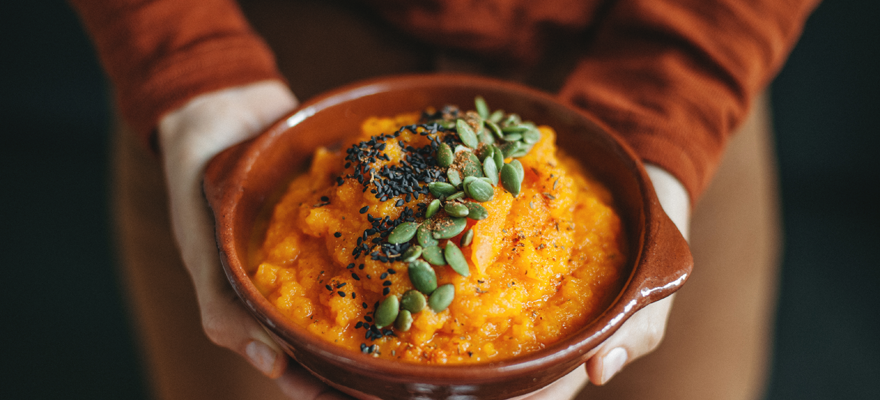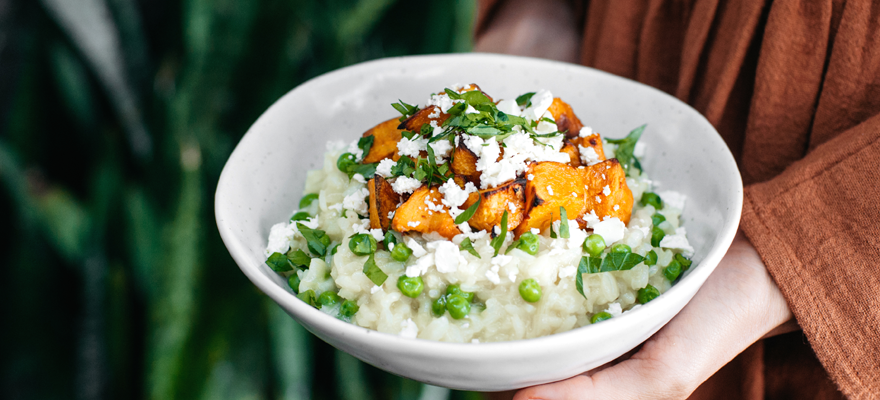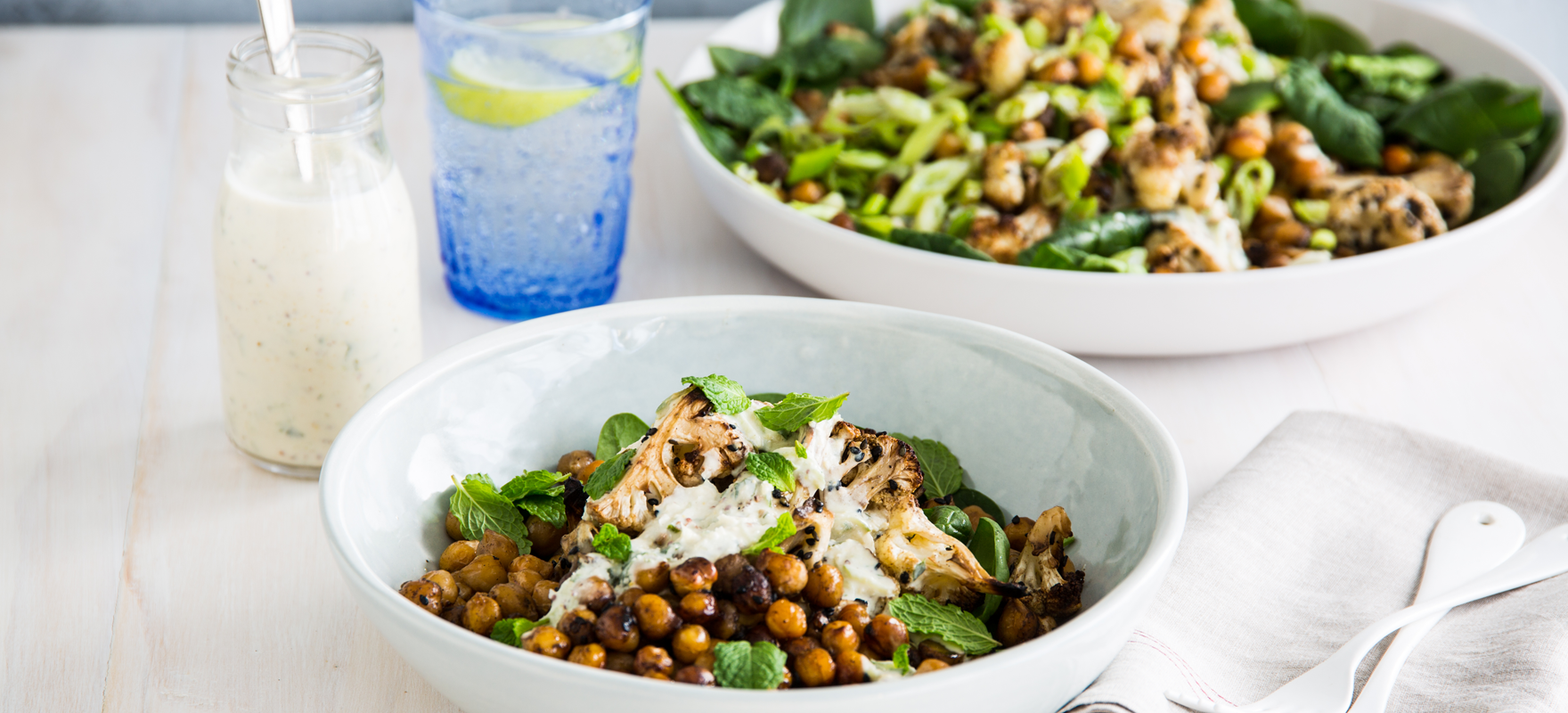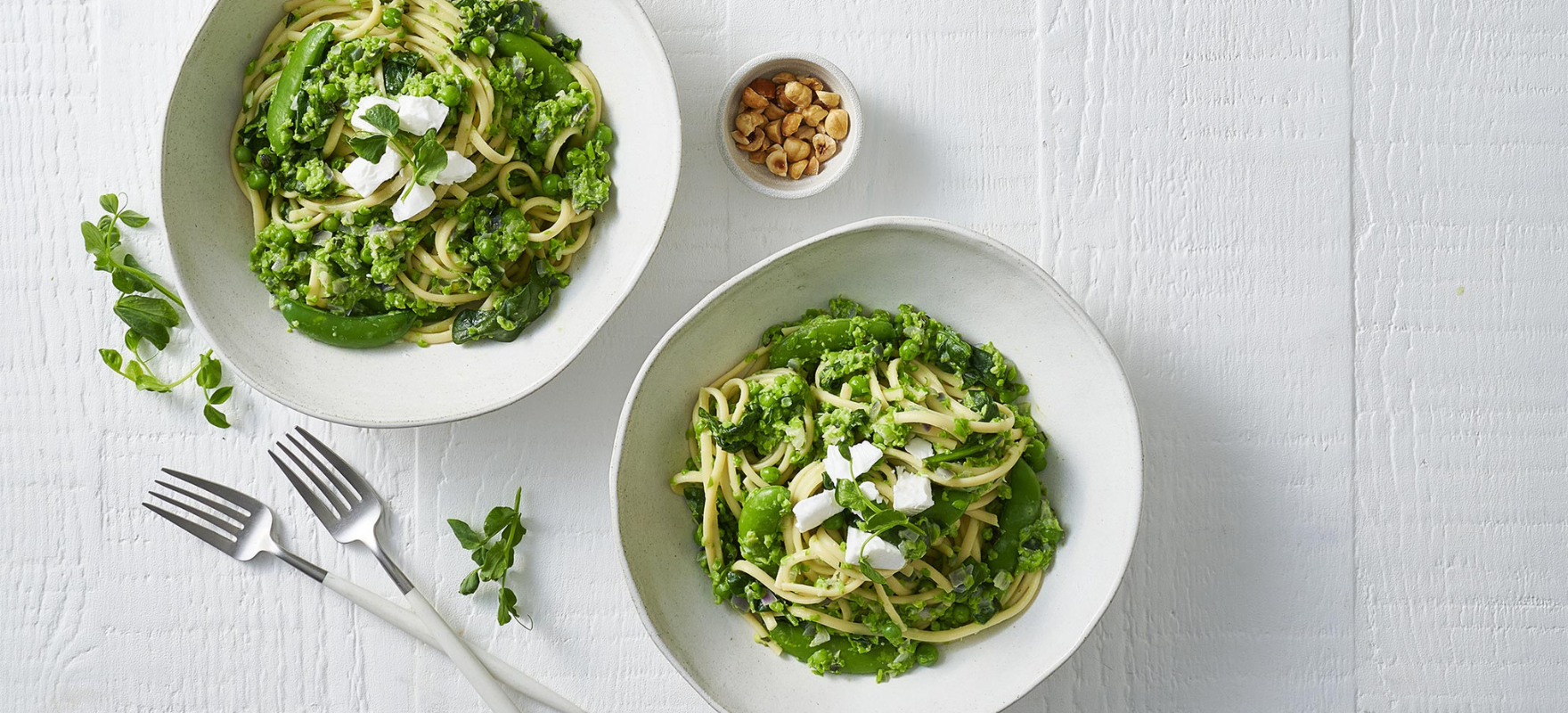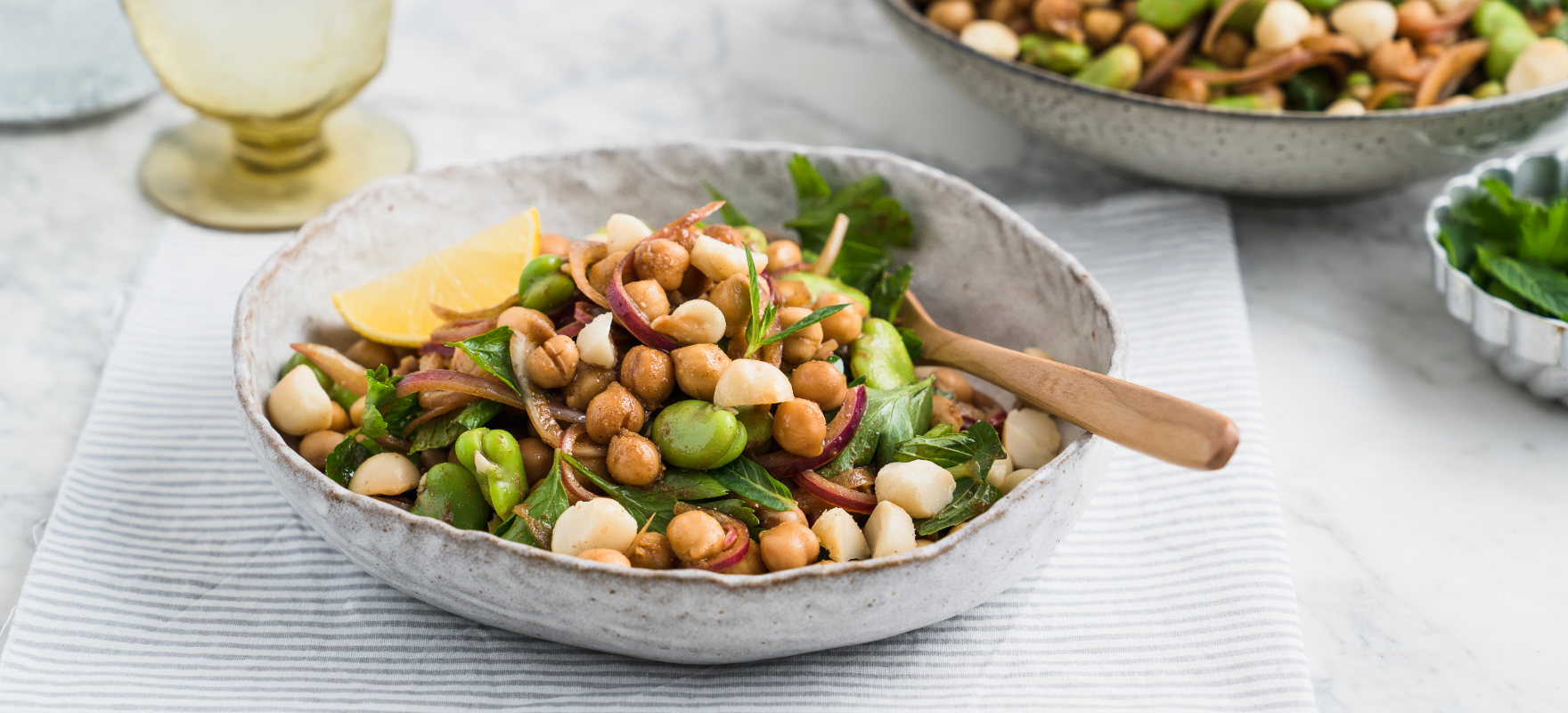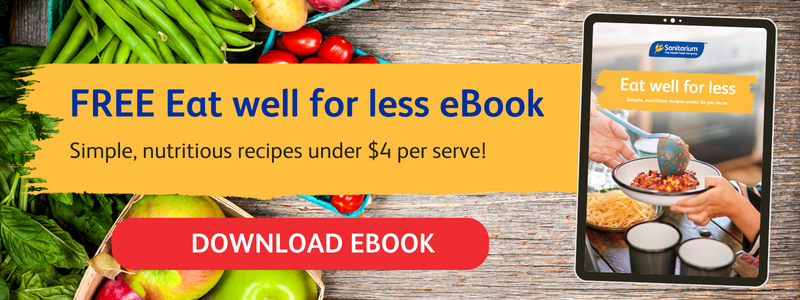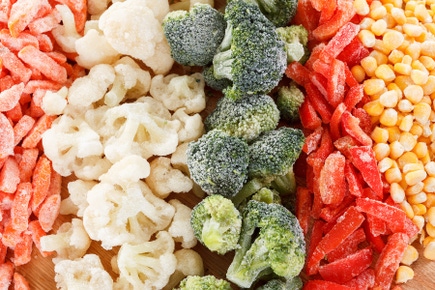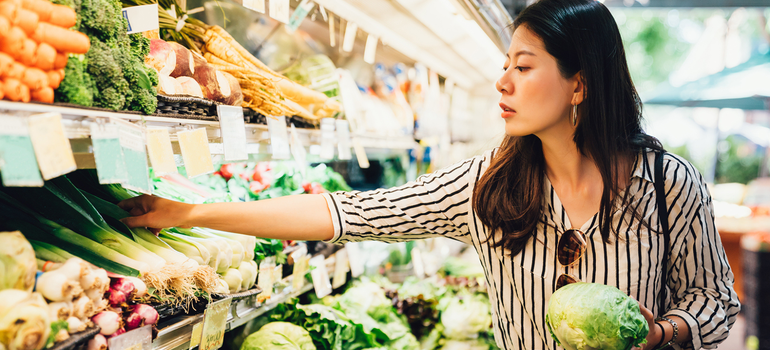
Best bang for buck vegetables, according to a dietitian
With cost of living pressures putting the squeeze on family budgets, turning to simple, veggie-loaded home-cooked meals is one way to put healthy meals on the table, for less.
Better still, there are some standout vegetables that are affordable, super versatile and punch well above their weight in the nutrition stakes, so you can rest assured that each mouthful is delivering good bang for your buck and your body.
Sanitarium Health Food Company dietitian Jessica Ferguson shares her top 5 budget-friendly veggies that tick the box on taste and nutrition, as well as her favourite recipes.
1. Carrots
- Budget-friendly
- Long storage life
- Ease of use
Budget calculator*: $2.99 for 1kg of carrots
Top usage tip: Eat or cook your carrots with the peel on to reap the fibre benefits and minimise food waste. You can even use the carrot tops to make a great pesto or add shredded carrot to bolognese sauce to bulk it out and get some extra nutrients in. But perhaps what makes carrots one of my favourites is their fruit-like convenience and crunch – just chomp in!
Try these recipes:
Cajun carrot mash (pictured below)
Moroccan chickpea salad
Veggie hash browns
2. Pumpkin
- Long storage life
- Versatility
- Budget-friendly
Budget calculator*: $5.80 for 1kg of pumpkin
Top usage tip: Pumpkins come in a wide range of sizes so buy the size you need to reduce any waste. Store in a cool, dark and well-ventilated place so that they last longer. Once cut, scoop out the seeds and store in an airtight container in the fridge.
Try these recipes:
Roast pumpkin and pea risotto (pictured below)
Creamy pumpkin soup
Pumpkin and chickpea satay
3. Cauliflower
- Versatility
- Use it all
- Long storage life
Budget calculator*: $5.99 for 1 whole cauliflower
Top usage tip: The best thing about cauliflower is its versatility – enjoy it mashed, roasted, blitzed into ‘rice’ or cut thick for veggie steaks. You can even use cauliflower as a ‘dough’ for a healthier homemade pizza base. And don’t be afraid to use the entire vegetable, the stems and leaves can be chopped and added to dishes like stir fries or slaws for extra crunch.
Try these recipes:
Roasted chickpea and cauliflower salad (pictured below)
Cauliflower and edamame dhal
Carrot cauliflower and turmeric soup
4. Green Peas
- Budget-friendly
- Long storage life
- Versatility
Budget calculator*: $2.99-4.80 for 1kg frozen peas (prices vary)
Top usage tip: Fresh peas straight from the pod make a delicious snack over the summer months, and in the cooler months, frozen and tinned peas are a great cost-effective option to boost the veggie and nutritional content of your meals.
Try these recipes:
Spring pea linguine (pictured below)
Green pea falafel balls
Potato and pea curry
5. Chickpeas
- Budget-friendly
- Long storage life
- Versatility
Nutrition value: Chickpeas are budget-friendly nutrition at its best. They are cheap to buy, low in fat, low GI and a good source of B group vitamins, iron, zinc, folate and magnesium. They are also an excellent way to add amino acids to your diet. Mix them with tahini (sesame paste) to make a hummus and you’ll tick the box for a nutritious spread that is a complete protein – a reason to eat more hummus, yes please!
Top usage tip: Next time you drain a can of chickpeas, save the liquid! Known as Aquafaba, this starchy liquid can be used as a plant-based egg replacement. Just 2-3 tablespoons will substitute one egg. Whip the liquid into foam to make eggless meringue, or use to replace eggs in waffles, muffins, and even mayonnaise!
Try these recipes:
Broccoli & chickpea slice
Chickpea and broad bean salad
Falafel sausage rolls
* All prices accurate as of 27 September 2023. Prices can vary due to a range of variables including but not limited to where you live, where you shop and seasonal abundance.

The latest nutrition advice, plus health and wellness tips delivered to your inbox monthly
